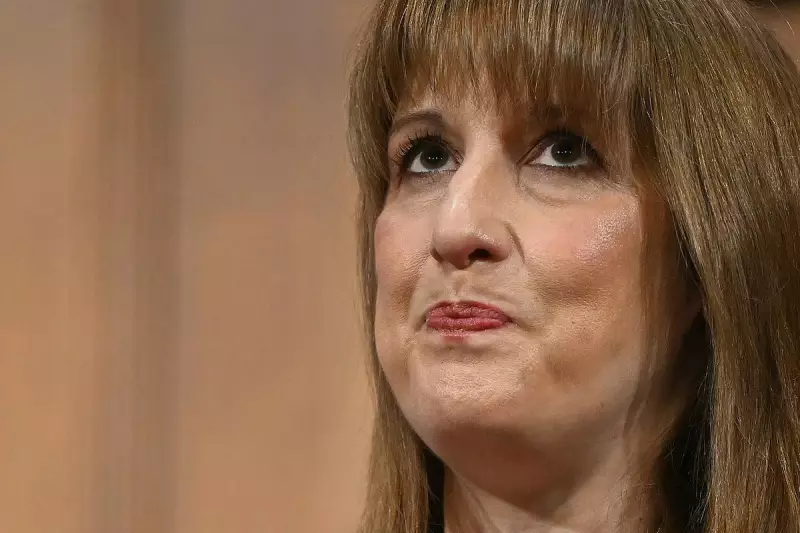
Britain's new Chancellor Rachel Reeves is preparing to deliver her first budget amidst what she describes as "the worst economic inheritance since the Second World War," with difficult choices looming between tax increases and a return to austerity measures.
The Economic Inheritance
Reeves has inherited an economy facing multiple crises, including sluggish growth, crumbling public services, and public finances stretched to their limits. The Institute for Fiscal Studies has warned that maintaining current spending plans would require significant cuts to unprotected departments, while avoiding these cuts would necessitate tax rises of approximately £20 billion.
The Political Tightrope
The Labour government faces a delicate balancing act. Having campaigned on a platform of economic stability and growth, they must now confront the reality that their manifesto promises may be insufficient to address the scale of the challenge. The political fallout from either raising taxes or cutting services could define their first term in government.
The Ghost of Austerity Past
Many fear a return to the austerity policies that characterised the post-2008 financial crisis period, which saw deep cuts to public services and welfare. However, Reeves has insisted that growth, not austerity, will be her primary focus, though economists question whether growth alone can fill the fiscal hole.
What to Expect in the Budget
Observers anticipate several key measures in Reeves' first budget:
- Potential reforms to capital gains tax and inheritance tax
- Difficult decisions on public sector pay
- Possible reductions in departmental spending
- Measures to stimulate economic growth
- Targeted support for struggling households
The Chancellor's choices will reveal much about Labour's economic priorities and their approach to managing the nation's finances during one of the most challenging periods in recent history.





